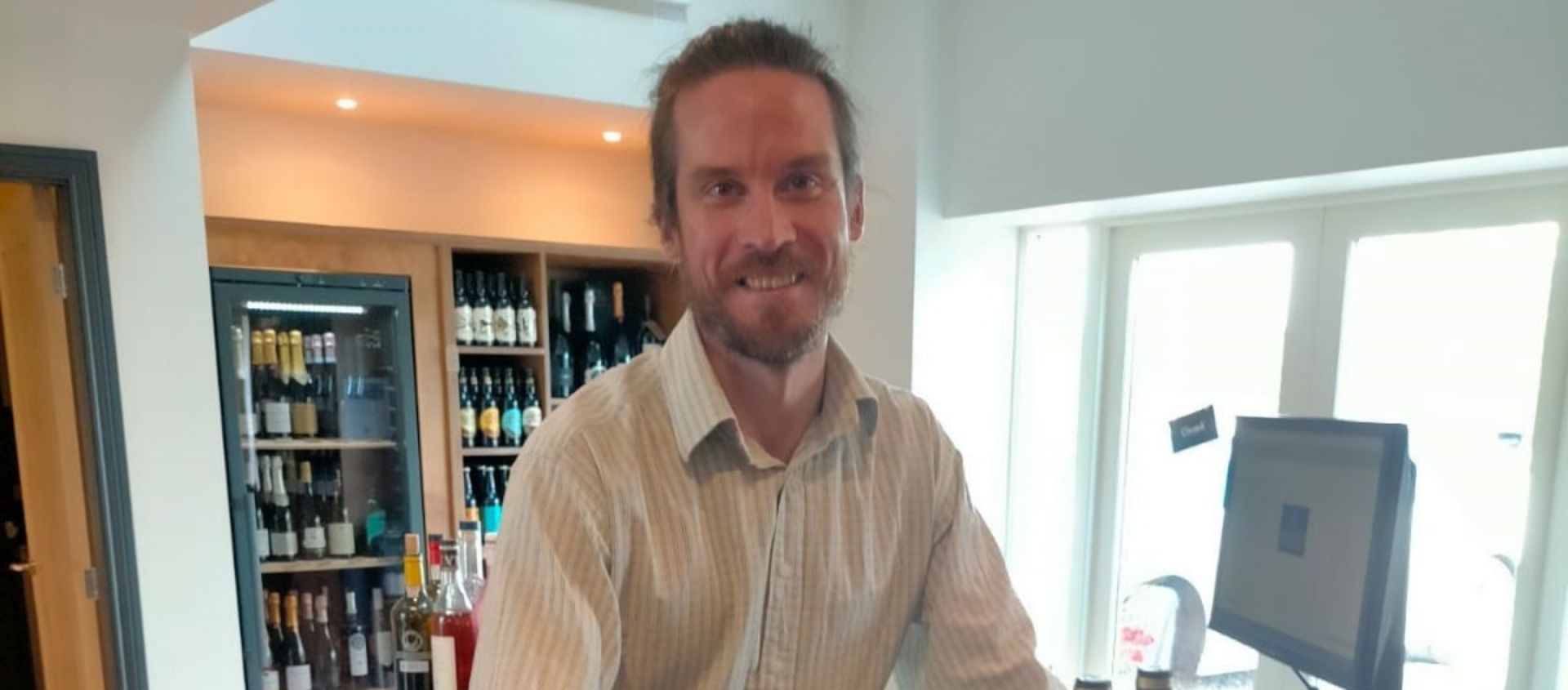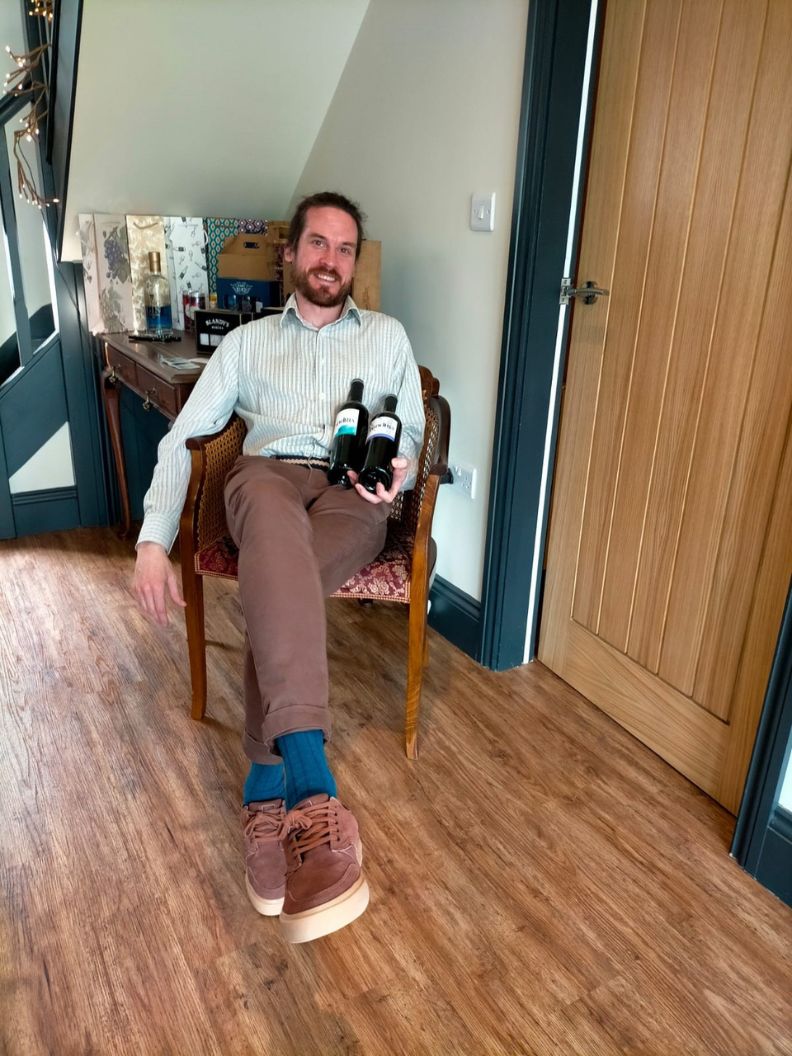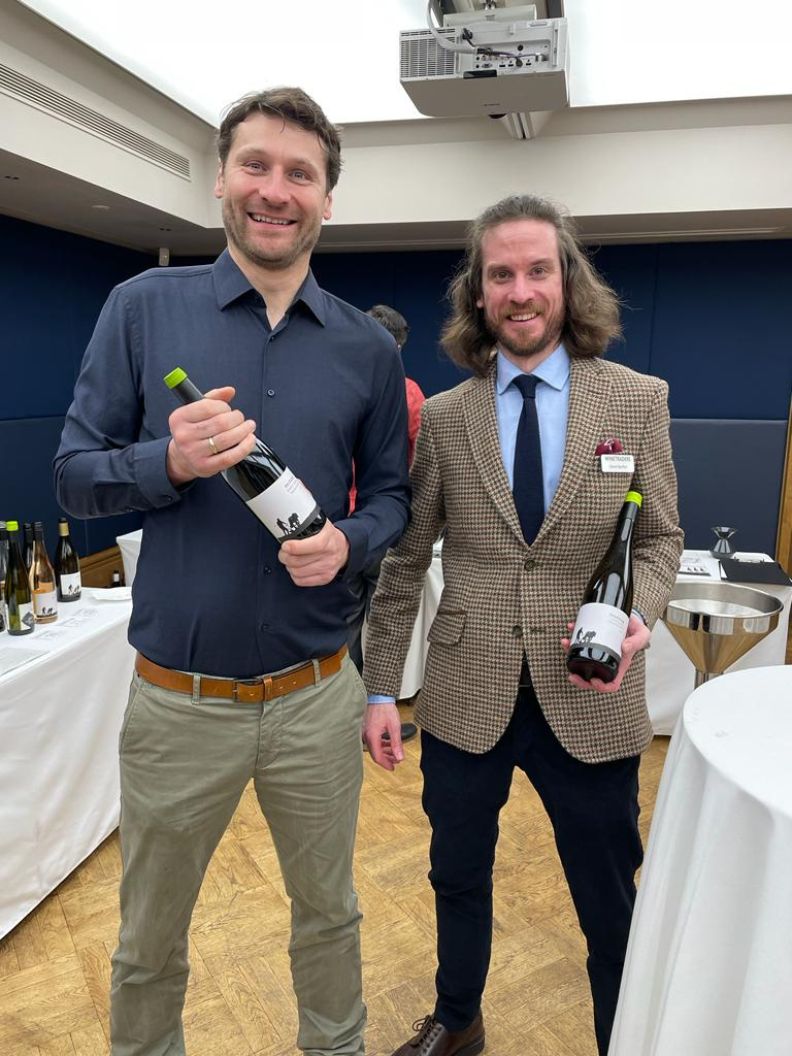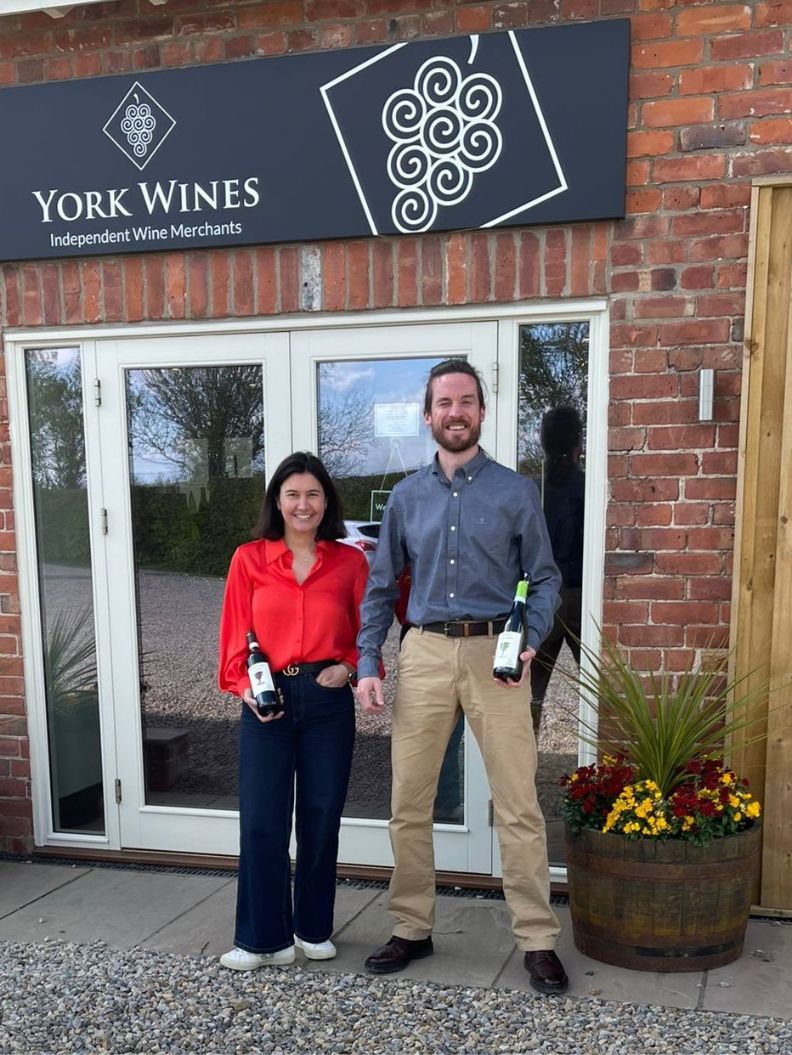
Insights
Confessions of a Sommelier turned Drinks Merchant
Interview with David Burlton
1) What are some of the most important skills for a sommelier?
I think it's a thrill factor. This can be as much as just decanting a wine. Whether through subtlety or swagger, a great somm entertains. I would say always establish trust, too. Wading in with the hard sell is a ticket to a glass of house wine. If I can justify my selections, then I am on to a winner.
2) Can you tell us about your transition from the on-trade side of the business to working for a drinks merchant, and how you see your previous experience benefiting you in this new role?
Bob Dylan said that he started on Burgundy and soon hit the rougher stuff. OK, joking aside, I think the difference is in the pitch. With a restaurant, the customer is likely going to order something, and my mission is to help with that choice. As a supplier, however, there can be zero guarantee that goods will change hands. I have to work smarter to establish trust, and I need an unequivocal understanding of the prospect’s business requirements. That said, empathy is the mother of all communication. If you have been there, polishing cutlery on your lunch break, then you already have one foot in the door.

3) How do you stay up-to-date with the latest wine trends and innovations, and how do you use this knowledge to improve your sales and service to customers?
Just by talking with colleagues, really. I recently joined York Wines from Winetraders. Michael Palij MW (Winetraders MD) is like a sponge of business acumen washed down with a nice glass of Chianti – every day is a school day. At York Wines, Alex Edwards combines steely local insight with rather crafty wider ambition. She can stay relaxed while juggling a sizable swag bag of opportunities. You absorb the best of their skills. As for trends, they come and go, don’t they?

4) How do you approach building and maintaining strong relationships with clients and suppliers, and what strategies have you found most effective?
Method, I guess. The first step is to understand the different revenue streams and how I can add value. Sales is about approaching the right customer, with the right product, in a way that is perceived as useful. You need candor, but you can’t give away everything in one go, because lasting business relationships are hard-won. Suppliers? Nothing beats a tour of a winery to build rapport. I’m just back from Emilio Moro in Ribera del Duero with Alliance Wine – thanks, guys!
[[relatedPurchasesItems-51]]
5) How do you work with clients to create bespoke wine lists that complement their menu and enhance their customers' dining experience?
This is certainly something I will be doing more of with York Wines. Given that the market is fragile, this is not a time to take risks. So, I think our approach will be about finding alternatives to the classics at a price that will impress. Of course, we are importing more and more of our wines, like Mas d’Intras from Ardèche – a stylish alternative to CDR. And I think sweet wines are an excellent way to increase average spending without breaking the bank – Brits love stickies.

6) What is your experience with sustainable wines, and how do you see them evolving in the market?
Without a doubt, we will see more and more sustainable wines, because there is now an economic advantage to flexing one’s green credentials. For me, organic soils produce better wines, however not every vineyard can be certified. With this in mind, I think we will see greater innovation towards reducing carbon footprint while keeping consistency in the end product. A winery like Coloma in Extremadura, which takes a holistic approach, is a great example. There is a place for full tonto low intervention, however, it is unlikely to become as commercially prized as the Coloma model.
Get your visitor pass before May 31 for free. Prices go up from June 1, 2023.

